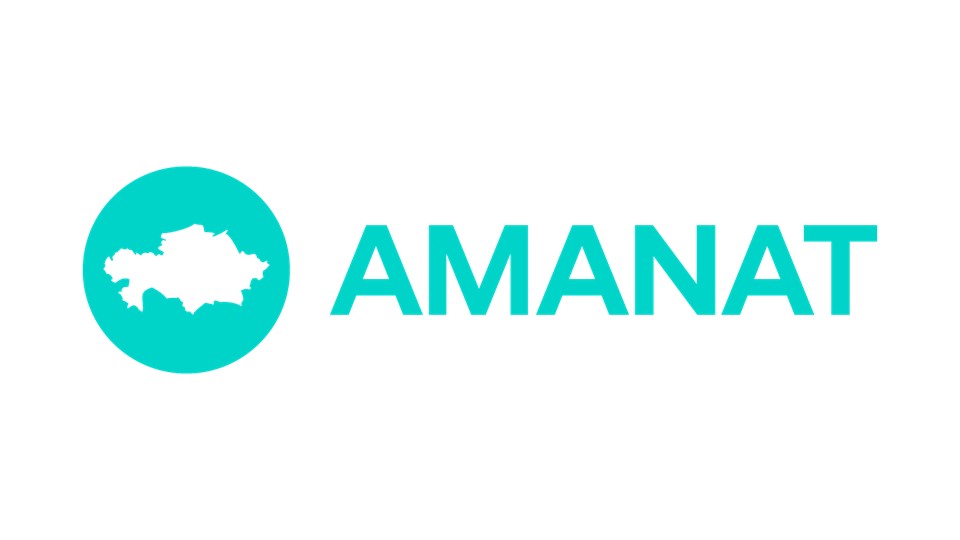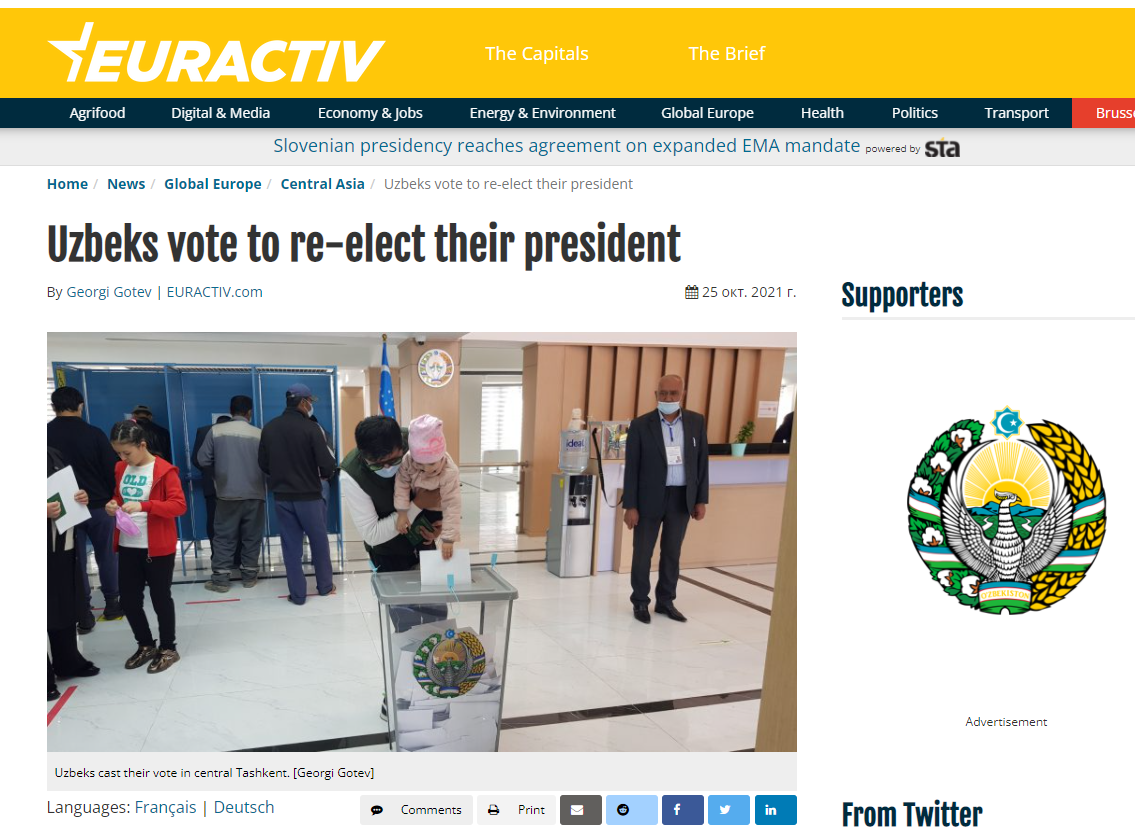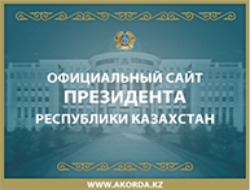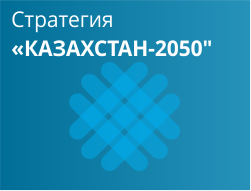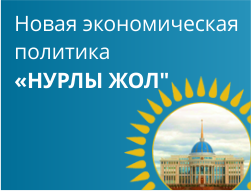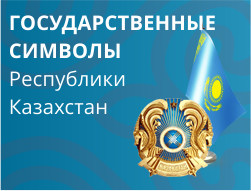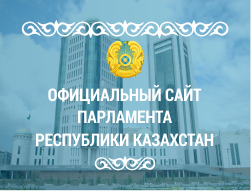Uzbekistan held presidential elections on Sunday (24 October) amid little doubt that incumbent Shavkat Mirziyoyev, who has opened the Central Asian country to the world in recent years, will be re-elected for another five-year term.
This correspondent saw voters in Tashkent proudly casting their ballot without folding it, which often made visible their choice inside the transparent ballot boxes.
In all these cases, Mirziyoyev’s name was ticked on the ballot. Many voters EURACTIV spoke to said they wanted him to continue to transform the country as he had been doing since he took over five years ago. Several called the election “a celebration”.
The voting cabins had no curtains because of COVID, organisers explained but this did not seem to bother anyone.
Mirziyoyev, now 64, took charge of Central Asia’s most populous country in 2016 in the wake of the death of his hardline predecessor and former patron Islam Karimov, who had ruled for almost three decades.
Mirziyoyev has been lauded for opening the country to the world, which improved living standards. On the foreign scene, he facilitated regional cooperation and engaged constructively with the world players.
In the election, Mirziyoyev faces four relatively low-key challengers.
Low-key challengers
Each of the five candidates runs on behalf of one of the five political parties represented in Uzbekistan’s parliament: the Liberal Democratic Party (Movement of Entrepreneurs and Businesspersons) to which Mirziyoyev belongs, the People’s Democratic Party, whose candidate is Maqsuda Vorisova, a therapist by training, the Social Democratic Party ‘Adolat’ with its candidate Bahrom Abduhalimov, the Democratic Party ‘Milliy Tiklanish’, with candidate Alisher Qodirov, and the most recent party, the Ecological Party, and its candidate Narzullo Oblomurodov.
The electoral system only allows each political party to name one candidate, either someone from its ranks or a non-partisan candidate.
Independent and non-partisan candidates cannot legally stake their candidacy themselves.
In Tashkent, there were few visible signs of the campaign on Sunday like posters or billboards, due to a legal requirement banning their display on the election day.
Some 120,000 Uzbeks abroad have voted during the past week, the vast majority of them in Russia and other post-Soviet republics. Inside the country, for the first time, citizens present in another area than the one of their residence have been allowed to vote, thanks to improving cooperation online among the electoral authorities.
Western media sometimes criticize Mirziyoyev for not being a reformist also in the political sphere. But journalist Shoxruz Mirzaqobilov told EURACTIV these elections had “nothing to do” with elections under Karimov when, according to his words, many of his colleagues were in jail. He stressed that as a journalist, he was now feeling free to do his job without undue pressure.
Uzbekistan has been relatively spared from the COVID-19 crisis and a large number of foreign observers and guests came for the election. The vast majority were short term observers, mostly on election day.
One of them was Aygul Kuspan, a former ambassador of Kazakhstan to Belgium, who is now chief of the foreign affairs committee of the Kazakh parliament.
She told EURACTIV that the election provides a chance to measure the support for the current leadership of the neighbouring country, which she praised for its liberalism and modernisation. She said this had brought about a trebling of trade between the two countries, and a boom in visits and exchanges.
Kuspan said Kazakhstan and Uzbekistan were engaged on the same path of democratisation and both champion regional cooperation.
Internet restrictions are still in force in Uzbekistan. Human Rights Watch still describes the country’s political system as authoritarian. Western diplomats say Uzbekistan cannot be compared to EU members in terms of democratic standards but in general, acknowledge some progress.
One diplomat said Mirziyoyev could have followed in the footsteps of Putin and introduced legislation that would keep him in power to life, but he instead initiated some reforms that make the presidential election somewhat more democratic.
At the time of the publishing of this article, the turnout was put at 80% of the 16 million voters. No exit polls were conducted and no preliminary results are expected. The official results are expected on Monday.
The previous election in 2016 was criticized by the OSCE in particular for ballot stuffing and, apparently, there is still no safeguard against one voter casting more than one ballot.
[Edited by Zoran Radosavljevic]
After the publication of this article, the authorities announced the elections’ results, with Mirziyoyev winning 80% of the votes. The other candidates got:
6,6% — Vorisova;
5,5% — Qodirov;
4,1% — Oblomurodov;
3,4% — Abduhalimov.


